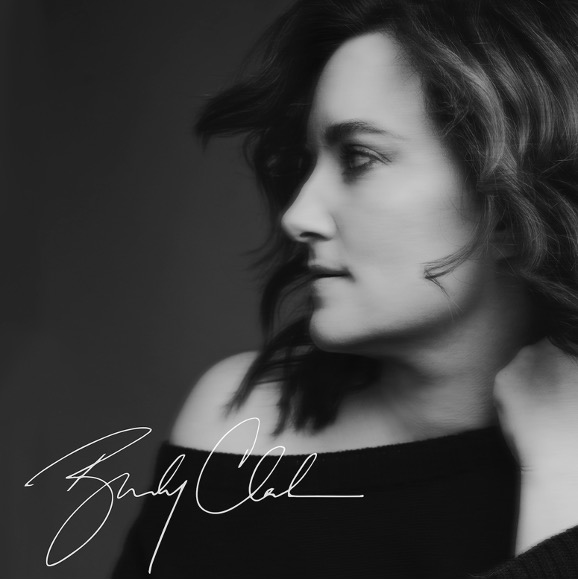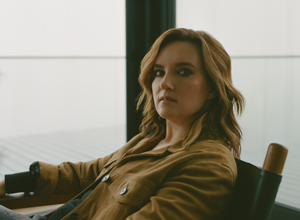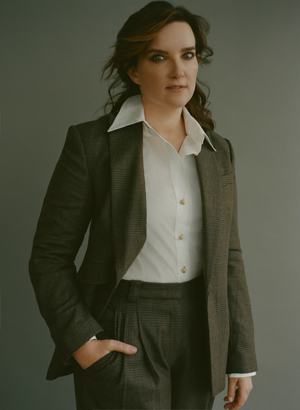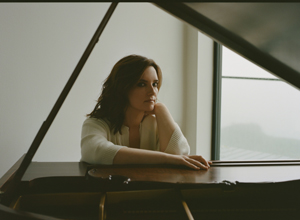PRESS RELEASES
February 10, 2025/ VIEW
September 19, 2024 / VIEW
May 7, 2024 / VIEW
February 20, 2024 / VIEW
February 5, 2024 / VIEW

album artwork / click for hi-res version

Photo credit: Victoria Stevens / click for hi-res version
BRANDY CLARK
A GRAMMY and CMA Award-winner, Brandy Clark is one of her generation’s most esteemed songwriters and musicians. In the midst of yet another landmark year, Clark won Best Americana Performance at this year's 66th GRAMMY Awards for her song “Dear Insecurity,” featuring 11x GRAMMY-winner Brandi Carlile—Clark's first GRAMMY win. The song is from Clark's self-titled album, which was produced by Carlile and features her most personal songwriting to date. Released to overwhelming critical acclaim, Brandy Clark landed on several "Best of 2023" lists including NPR Music, Billboard, Rolling Stone, Variety, Los Angeles Times and Forbes, who calls the album “an Americana Masterpiece." Additionally, Variety praises, “further clarifies that she’s one of America’s treasures" and Billboard declares, "Clark continues to convey her inexorable talents as both a song-crafter and vocal interpreter." In addition to her work as a solo artist, Clark has written songs such as “A Beautiful Noise,” the GRAMMY-nominated duet performed by Brandi Carlile and Alicia Keys, and Kacey Musgraves’ “Follow Your Arrow.” She also composed the music and lyrics for the hit musical comedy, Shucked, alongside her longtime collaborator, Shane McAnally. With the show, Clark won Outstanding Music at the 67th Drama Desk Awards and was nominated for Best Original Score at the 76th Tony Awards, with Shucked receiving nine Tony nominations overall last year.
For more information, please contact Asha Goodman
615.320.7753, Catherine Snead 615.320.7753 or Carla Sacks
212.741.1000 at Sacks & Co.
Rick Gershon 818.953.3473, at Warner Records.

